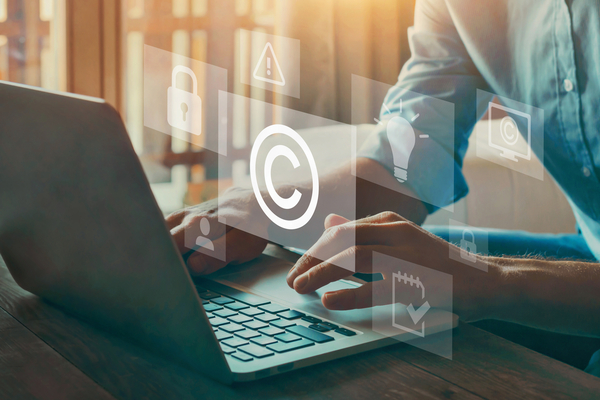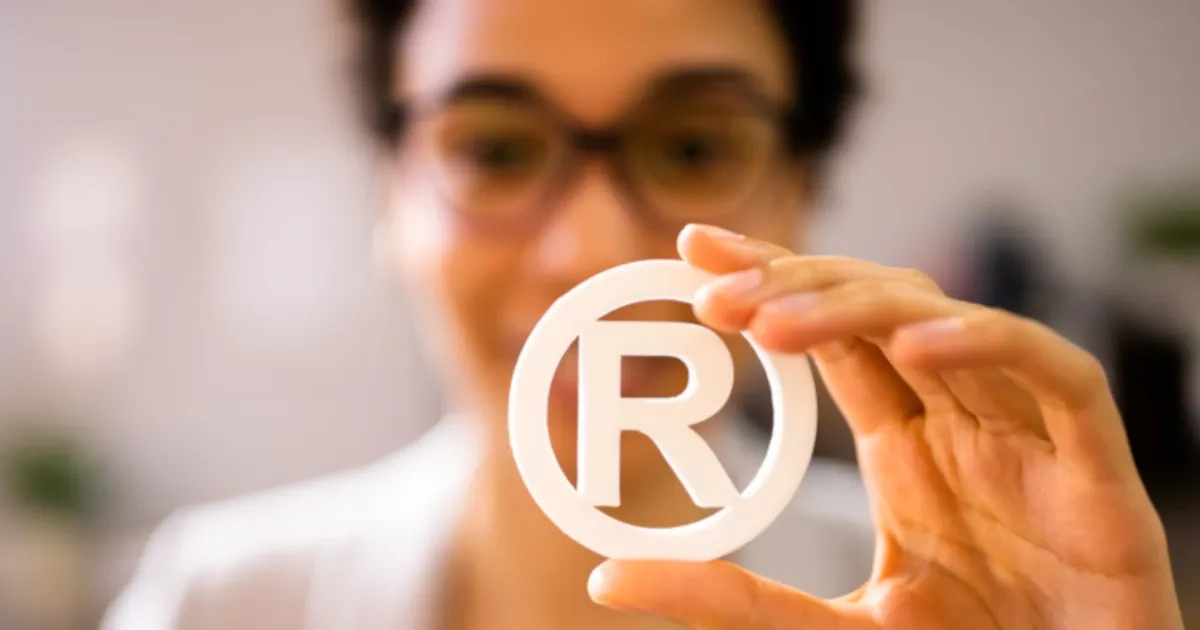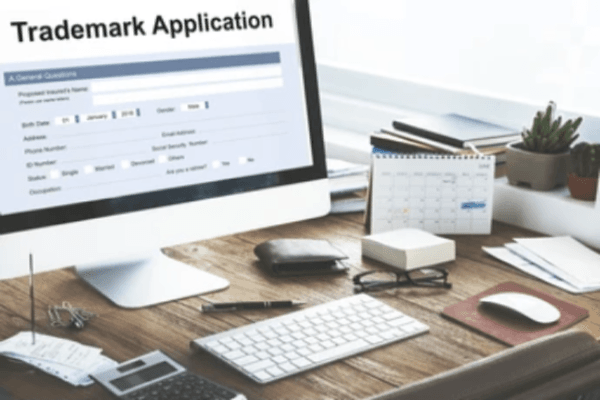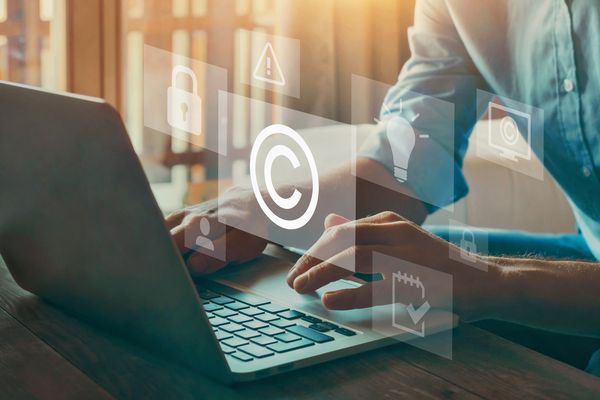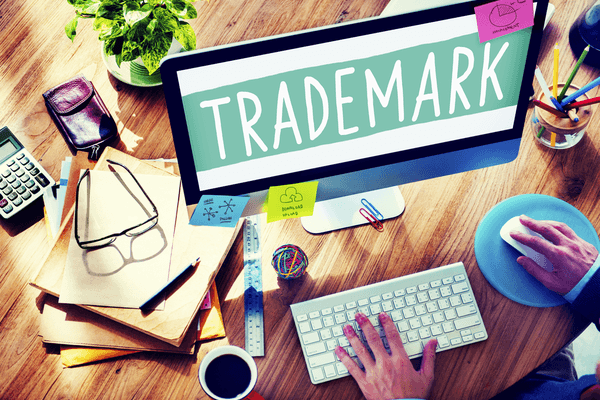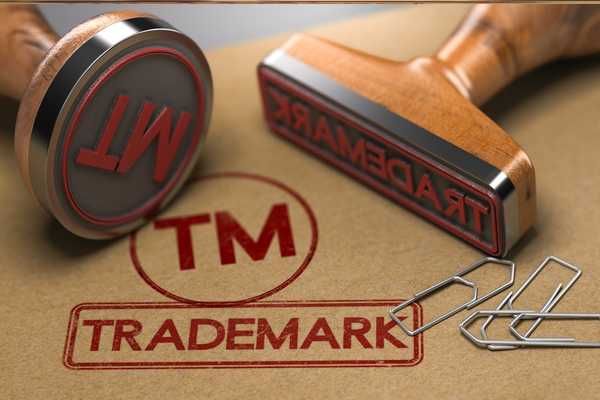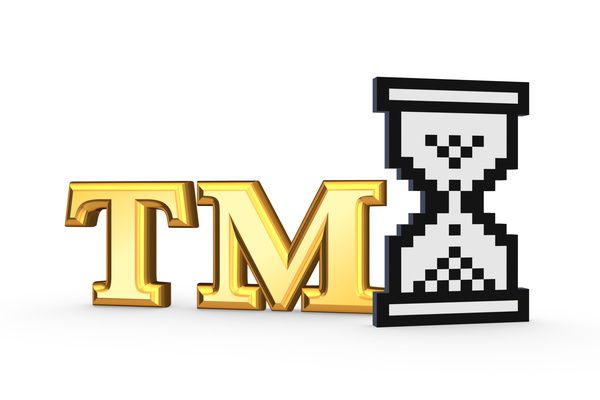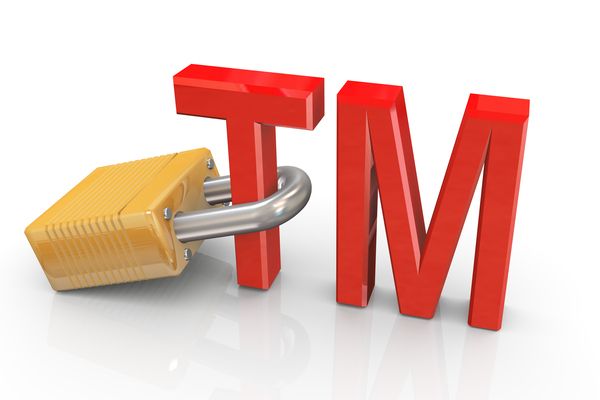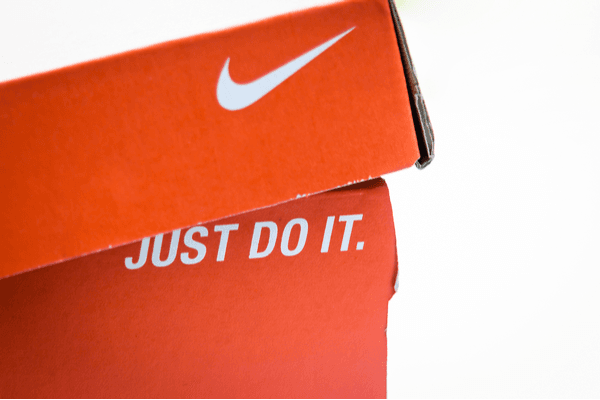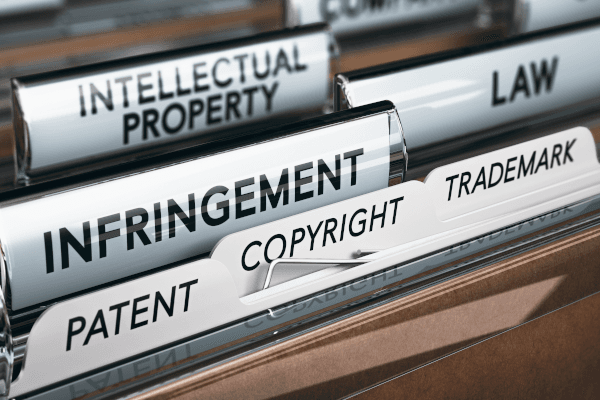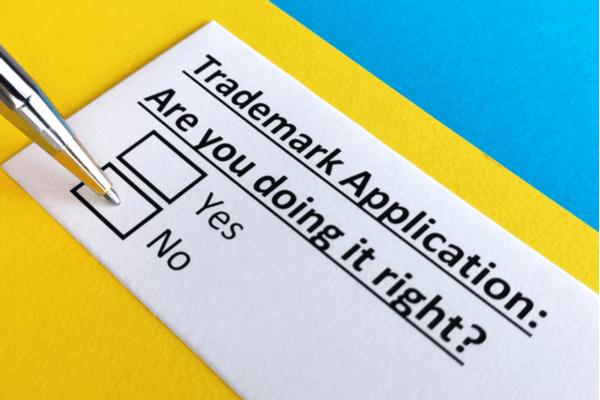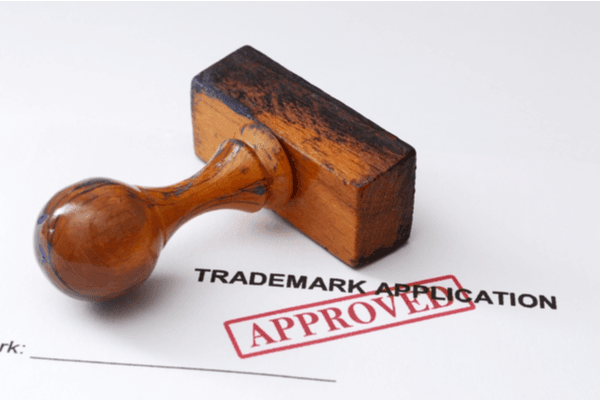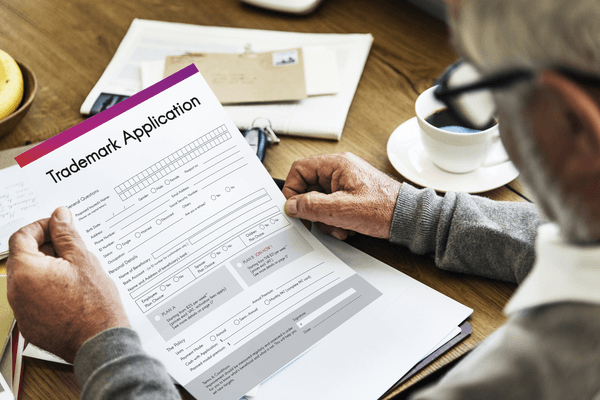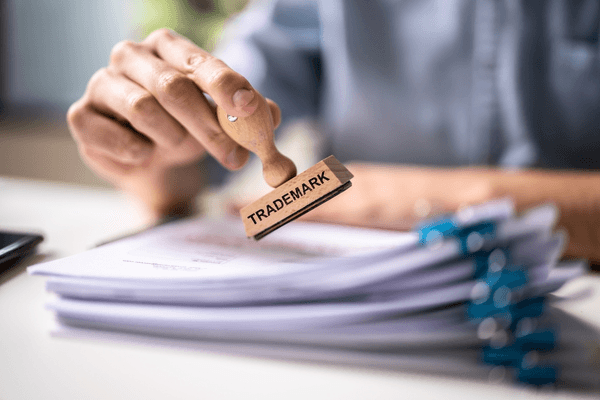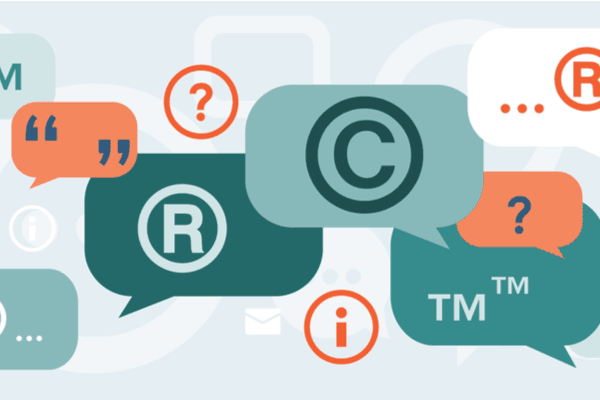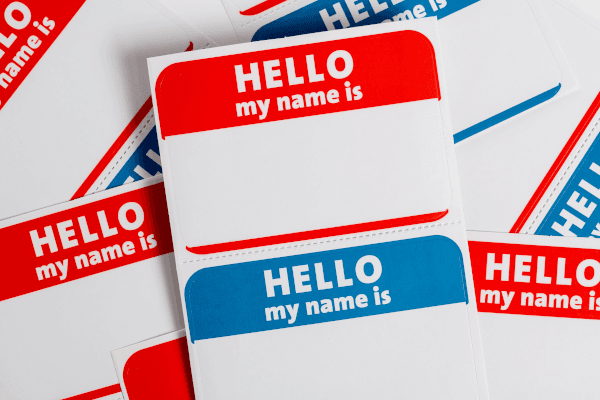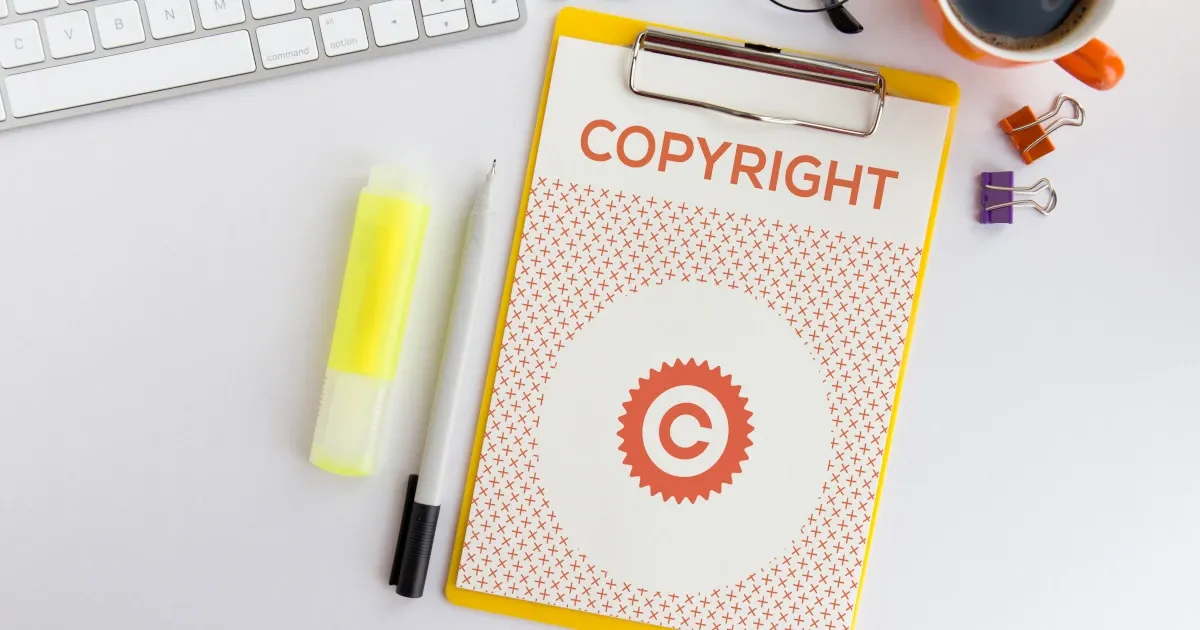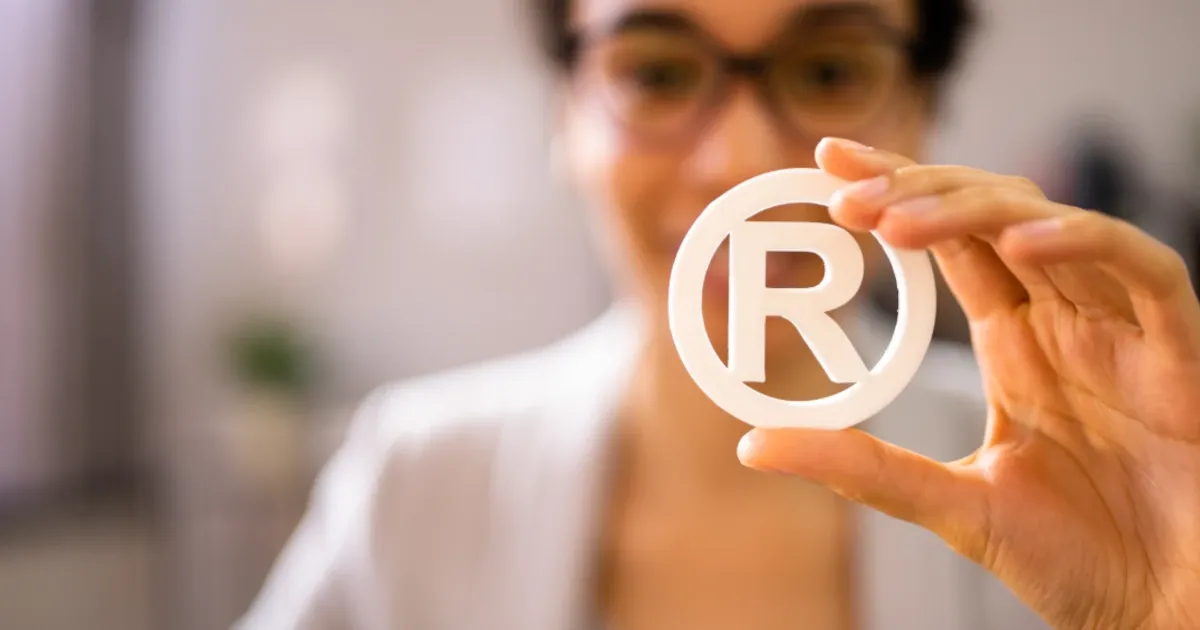The Top 5 Reasons to Copyright Your Work
Copyright protection starts when you create something original, but the actual registration gives you the power to prove ownership, take legal action, and even monetize your work. Here are the top five reasons it pays to make it official.
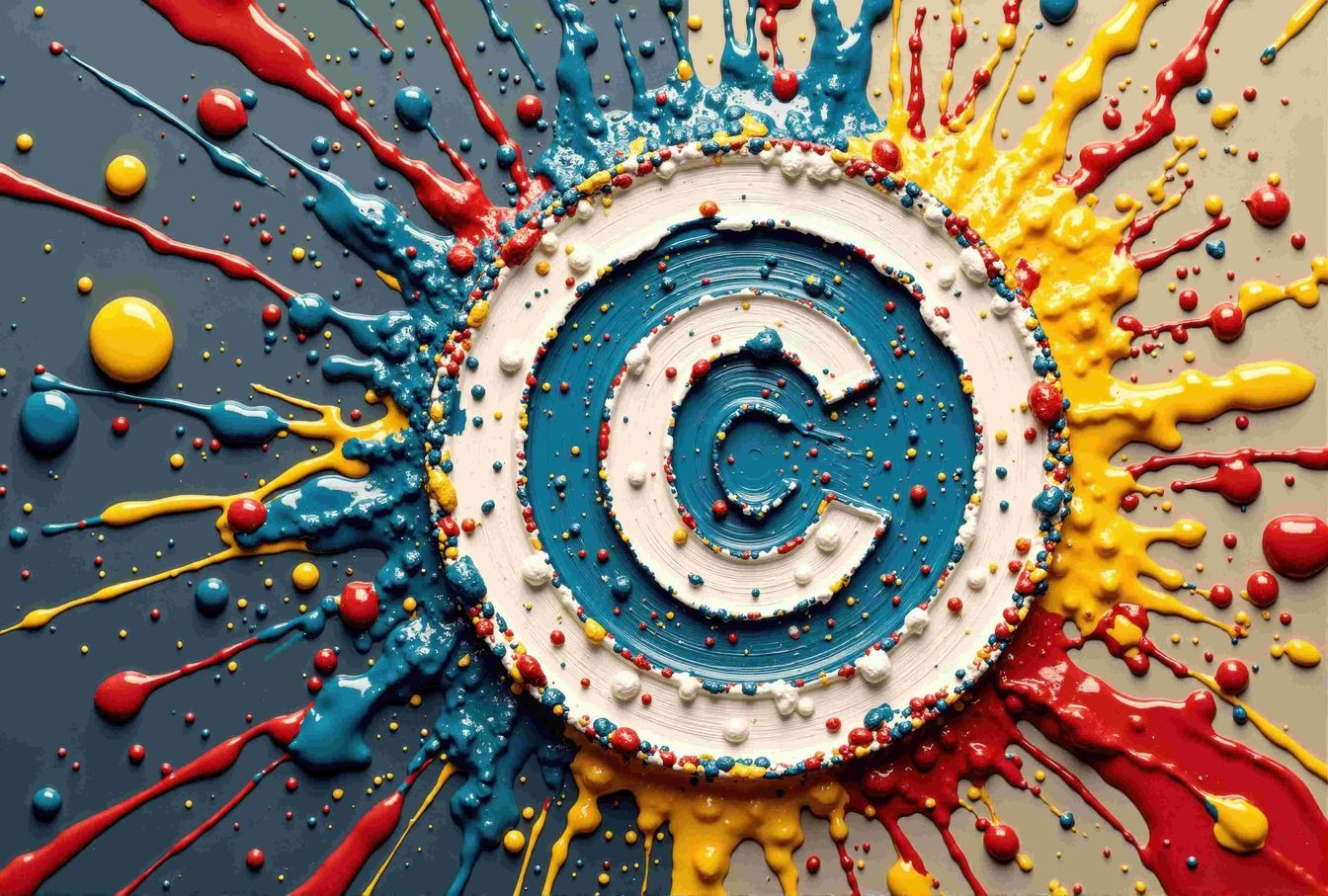

If you’ve created something original—like a book, song, photo, video, website, or design—there’s a good chance it’s protected by copyright. But there’s a difference between having protection and being able to use it. To unlock the full benefits of your protection, you’ll need to go one step further and register your work with the U.S. Copyright Office.
This registration gives you a powerful advantage. You’ll have the legal tools to control how your work is used, protect it from infringement, and turn it into a valuable asset for your brand or business. For entrepreneurs, artists, and content creators, copyright registration isn’t just a formality—it’s a smart, strategic move.
Here are five important reasons to register your copyright:
1. You Own It—And You Can Prove It
When you create something original, like a song, photograph, or article, you automatically have a copyright for your work. But automatic protection only gets you so far. If someone copies or steals your work, the burden of proof is on you.
That’s where registration makes a difference. It creates an official public record of your ownership. The record is important because it allows you to take legal action if necessary. It also shows anyone who comes across your work—clients, customers, collaborators—that you’re serious about protecting what you create.
2. It Makes Legal Action Possible (and Stronger)
You can’t sue for copyright infringement in court unless your work is registered. That’s a key reason to register early, especially if your work is published or shared publicly.
Once registered, you can pursue legal action if someone violates your rights. You may also be eligible for statutory damages and attorney fees. These benefits aren’t available without registration, which is why it’s a powerful form of protection—even if you never need to use it.
3. It Adds Value to Your Work
When you register your copyright, you’re not just protecting your work—you’re investing in it. A registered copyright helps increase the value of your content and strengthens your overall brand.
It shows that you treat your creative output as an asset. That can be especially important if you’re pitching a partnership, licensing your content, or seeking funding. Copyright registration can help you demonstrate ownership, exclusivity, and long-term value—all things that matter to potential partners, clients, or investors.
4. It Strengthens Your Position Online
If someone posts your work online without permission, getting it removed can be frustrating. Most platforms require legal proof of ownership for a DMCA takedown. A registered copyright gives you the documentation you need to take swift, effective action.
Registration is especially important if you create digital content. Whether it’s photography, writing, music, or web design, registering your copyright gives you leverage in a space where unauthorized sharing is extremely common.
5. It Helps You Earn from Your Work
One of the most significant benefits of copyright is that it gives you control over how your work is used and how you profit from it. You can license your work, sell it, or collect royalties with a registered copyright.
That flexibility opens doors. Maybe you’re a photographer licensing images to clients. Maybe you’ve written a book, created a course, or designed original graphics. Copyright registration helps you turn that creative effort into income while keeping the rights where they belong: with you.
Make It Official with Trademark Engine
Registering your copyright doesn’t have to be complicated. At Trademark Engine, we help creators and business owners protect what they’ve built. Our process is simple, affordable, and designed to remove the guesswork. Just answer a few questions, and we’ll guide you from start to finish.
Sources:
- U.S. Copyright Office. “What Is Copyright?”
- U.S. Copyright Office. “Copyright Basics”
Trademark Engine is not a law firm and cannot offer legal advice. The information in this email and on our website is for general informational purposes only and is not legal advice. Use of the website is subject to our Terms of Service and Privacy Policy.
Trademarket Blog
Everything you need to know about starting your business.
Each and every one of our customers is assigned a personal Business Specialist. You have their direct phone number and email. Have questions? Just call your personal Business Specialist. No need to wait in a pool of phone calls.
